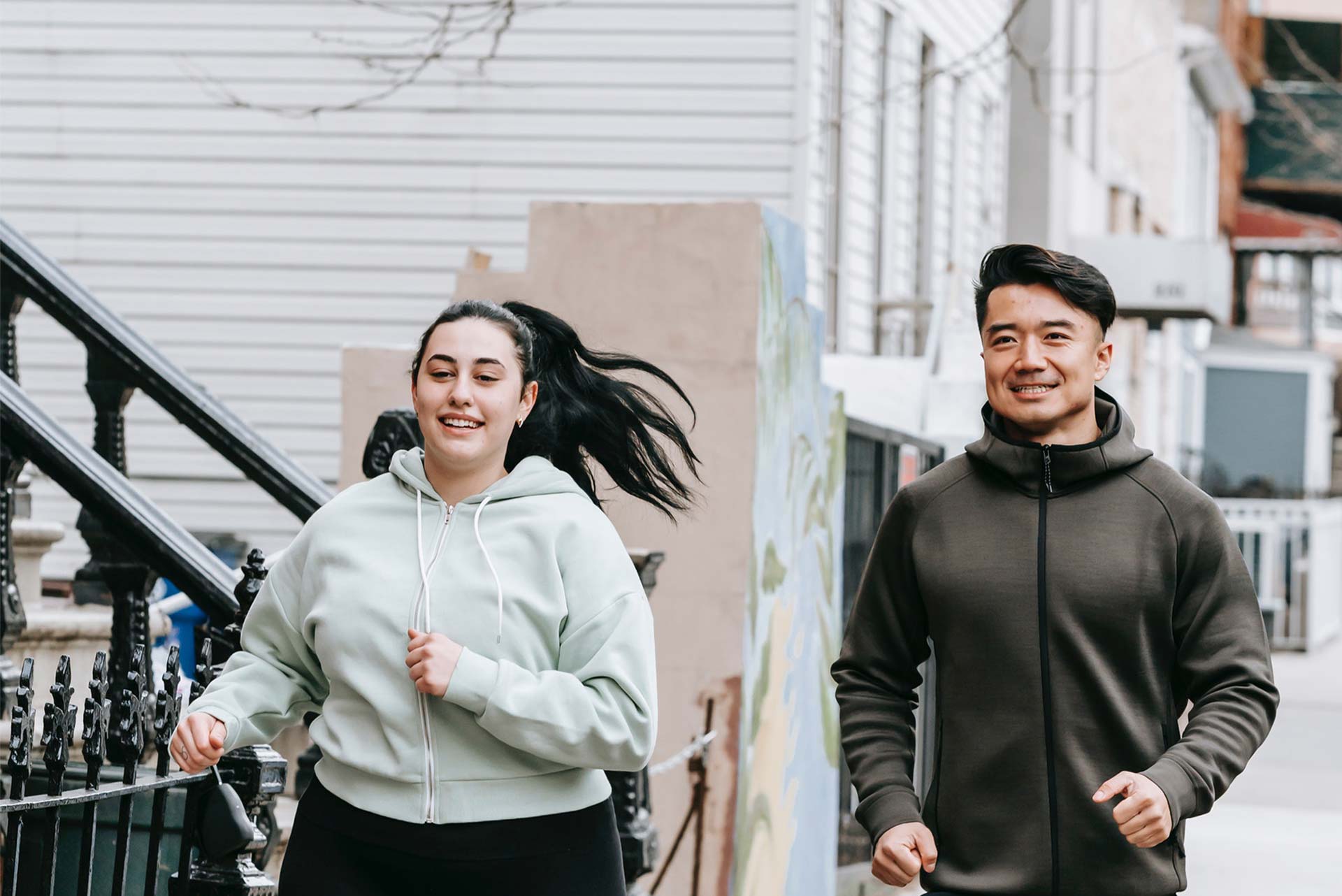
Body aches can occur at any time of the year, but for many people they tend to feel particularly bad over winter.
What’s responsible for this phenomenon? And, more importantly, what can you do about it? In this blog post, we explore the most common causes of winter body aches and highlight some key tips for alleviating body aches and sore muscles in the chilly season.
What causes body aches in winter?
Pinpointing the exact cause of your winter body aches can be tricky, but for most people it boils down to a few main factors:
Decreased activity levels
The most common cause of winter body aches is decreased activity levels. You naturally tend to be more sedentary over winter as inclement weather limits you from engaging in your usual physical activities. Over time, lack of movement can cause your muscles and joints to become stiff and painful.
More time sitting
For most people, spending more time indoors over winter means more sitting. Sitting for prolonged periods of time with poor posture can put a lot of pressure on the back muscles and spinal discs, which can cause a variety of neck, lower back and upper back issues.
Pre-existing conditions are amplified
Cold weather can induce flare-ups for people with existing conditions like arthritis. While there’s still some debate over why exactly this happens, some studies have suggested that it could be due to changes in barometric pressure (the pressure of the air) causing inflammation. Others theorise that changes in barometric pressure can make your tendons and muscles expand and contract, which can lead to pain in arthritic joints.
Bad moods
Research shows that mood and pain are inextricably linked. As a general rule of thumb, the happier and more optimistic you feel, the lower your pain intensity and the greater your pain tolerance. And the inverse is also true: a negative state of mind is linked with higher pain intensity and reduced pain tolerance. In winter, shorter days and reduced sunlight exposure make people feel generally sadder (hence the winter blues!), which in turn can lead to body aches and higher levels of perceived pain.
Overcoming winter body aches
Taking a proactive approach to your physical health can do wonders for keeping the winter body aches at bay. Relieve sore muscles and body aches with the following tips:
Stay active
One of the most effective ways to combat winter body aches is to stay active. While it may be tempting to spend winter snuggled up on the couch, frequent exercise is essential for maintaining good joint health and generally keeping your body fit, strong and healthy.
Your muscles will be a little colder and tighter in winter, so always take the time to make sure you’re fully warmed up before engaging in any exercise. A good warm-up is key for getting the blood flowing, reducing the risk of injury and improving athletic performance.
Schedule an appointment with a physiotherapist
Depending on your needs, a physiotherapist can help you reduce body aches through a combination of massage, acupuncture and a well-rounded exercise programme tailored to your health and wellbeing goals. A good physio can also offer valuable insight into how your body changes during the colder months and advise you on how you can safely stay fit and active all the way through winter.
Keep warm
Whether you’re playing winter sports, cheering on the sidelines or simply going for a walk outdoors, it’s important to always dress for the conditions. Most of the major sportswear brands offer high-performance winter apparel, which can help keep you warm and dry outdoors – perfect for walkers, runners and cyclists. Wear layers that can be peeled off as you warm up, and always wear appropriate footwear to prevent slips and falls.
Work on your posture
Improving your posture can improve spine health, reduce wear and tear on your body and reduce the risk of injury while exercising. When sitting, keep your feet flat on the floor, avoid crossing your knees and ankles, and keep your hips and knees at right angles. Keep your shoulders relaxed, avoid craning your neck down or forward, and try to take a 5-10 minute break for every hour you spend sitting.
Eat well
Maintaining a healthy diet over winter helps prevent weight gain, promotes overall wellbeing and positively impacts joint health – all of which can help alleviate body aches and muscle soreness over winter.
Foods like salmon and nuts, which contain high amounts of omega-3 fatty acids, can play a role in reducing joint inflammation, while vitamin C-rich foods like red capsicums, oranges and tomatoes can help stave off winter illnesses.
Schedule an appointment with a physiotherapist
It might be cold outside, but that doesn’t mean you have to stop doing the things you love! Contact us today on 09 476 2166 or use our online booking system to schedule an appointment.

